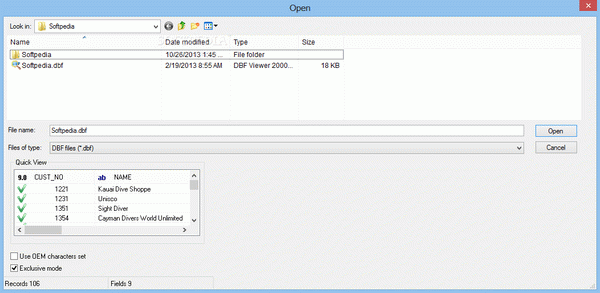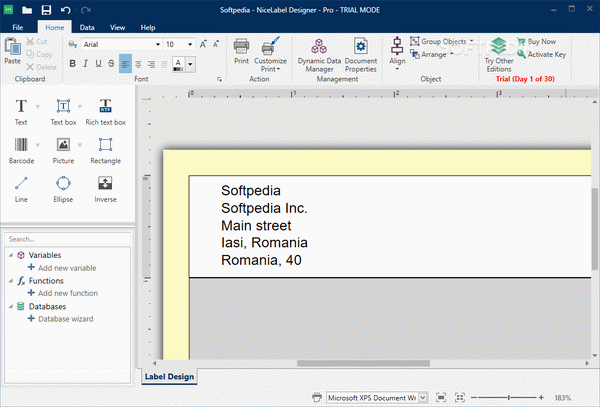Google's AI-boosted search engine enters first public trial - here's how to try it
Google has opened up access to its Search Labs testing program allowing users to try out the upcoming search engine update with the most notable change being the Search Generative Experience or SGE.
To be clear, Search Labs isn’t technically open to the public as you’ll have to first join a waitlist. If you’ve already signed up, be sure to check your email account for an invitation from Google as they're currently rolling out. Don’t worry if you haven’t entered as there’s still room left in the waitlist on both desktop and mobile.
To join on desktop, you need to first install Google Chrome on your computer. From there, head on over to the Search Labs website, select Join Waitlist, and wait for the invitation to arrive. On mobile devices, launch the Google app. You should see a science beaker-esque icon in the top left corner of the screen. Just like before, select Join Waitlist then wait for the invite. Search Labs is available on both iOS and Android so no one’s being left out. Install the latest app update if you don't see the icon.
Limited-time only
Unless you’re a subscriber to Google One Premium, it may take a while until you get an invite. A recent report from 9To5Google states Premium subscribers are getting “priority access” to Search Labs, although “it won’t be immediate.” “Access spots are limited” at the moment, but more will open up over “the coming weeks.
But once you get the invite, act fast. SGE and the rest of the Search Labs experiments will be available for a limited time only. It’s unknown for how long, so we asked Google for more information. This story will be updated if we hear back.
There’s been a fair amount of hype surrounding SGE ever since it was first revealed during I/O 2023. The technology essentially enhances Google Search to provide long, detailed responses to queries by taking context into consideration. It could very well completely change how people use the search engine.
Word of advice
For the lucky few who get early access to SGE, Google recommends starting off with simple terms so you can get used to how the AI works. Once you get a feel for it, try entering more specific queries. One of the highlighted use cases of SGE is to help people with their shopping. The AI can generate a detailed list of features, reviews, price points, and even link to the product itself.
In addition to Google’s advice, we have some of our own because we’ve used multiple generative AI models from Bing to Brave Summarizer. One thing we’ve learned is generative AIs can hallucinate, meaning they come up with totally false information that bears no resemblance to reality. Don't always believe what you read. And do be mindful of what you enter as generative AIs keep the information you type in. In fact, some major tech corporations, like Samsung, have banned their employees from using ChatGPT after some sensitive information was leaked.
Google I/O 2023 revealed a lot more than just the tech giant’s AI tools. Be sure to check out TechRadar’s coverage of the event as it happened.


